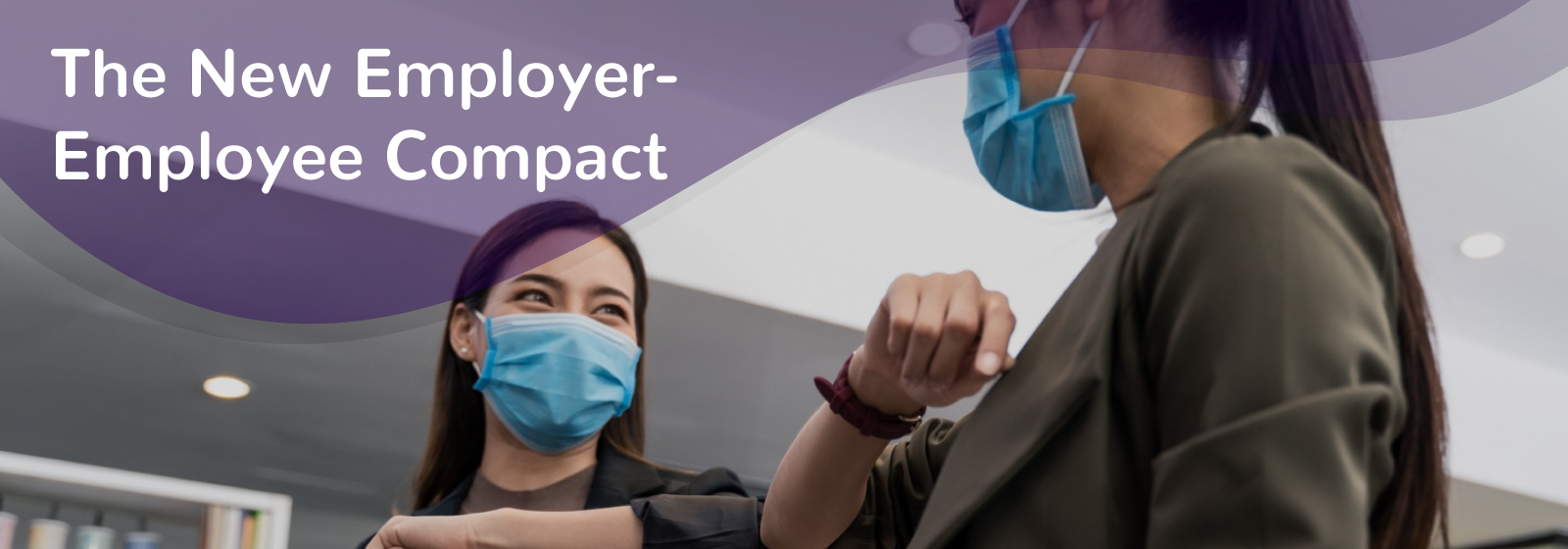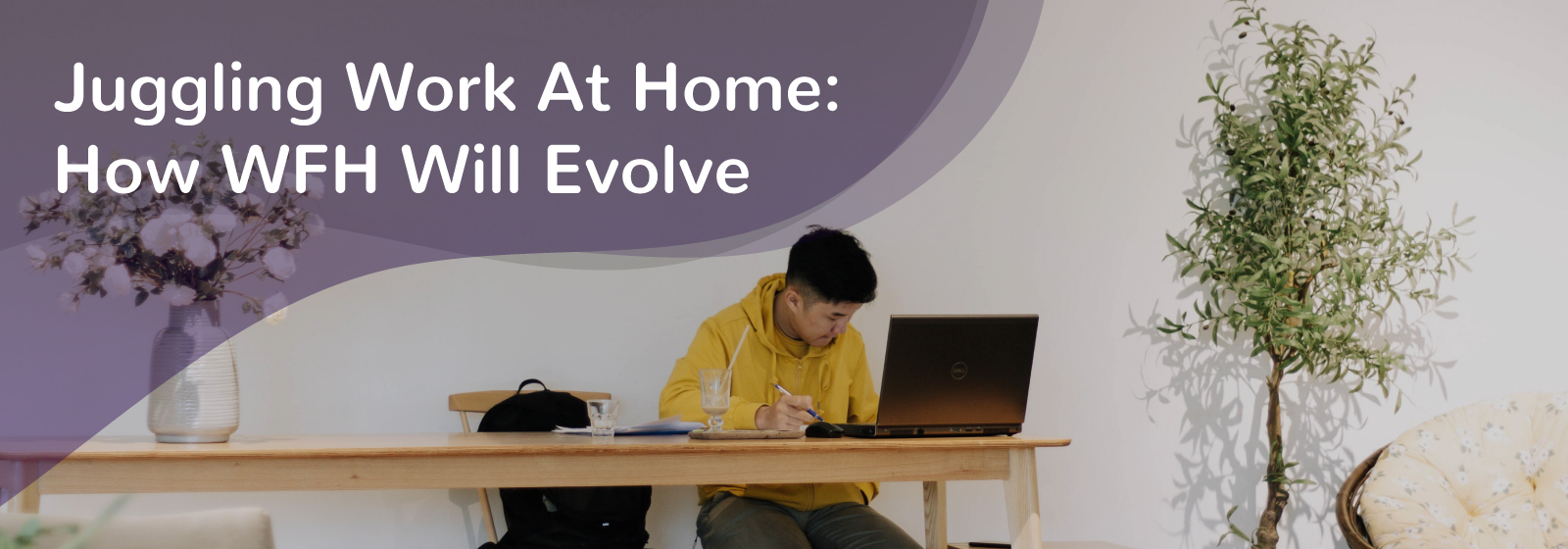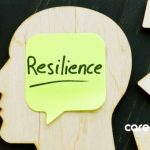It could hardly be shocking when a recent report by UK bedding manufacturer Sleepseeker found that Singaporeans topped a list of the world’s most 15 fatigued countries, even outdoing China and Japan, the only other two Asian countries included.
But when you dig deeper into the numbers, it’s hardly any surprise we feel so tired, given the amount of time we clock at the office.
The report further revealed Singaporeans worked 2,238 hours, just behind the top-ranked country, Mexico, which hit 2,255 hours. For context, China’s workers worked 2,174 hours, and while Japan has been known for a workaholic culture, even they came in at a “mere” 1,723 hours.
Sadly, extended working hours have become commonplace for many during the Covid-19 pandemic, with the lines between work and home life blurring due to working from home (WFH).
You wake, start work, have meals whilst being on calls, with an endless stream of tasks piling in your inbox, and end up working till the sun sets wrapping work up and prepping for the next day’s calls and meetings.
For many Singaporean workers, this fatigue has led many towards burnout, and a general lack of enthusiasm about work in general.
Anxiety and burnout during Covid-19
If you’re looking for an official definition, burnout has been characterised by the World Health Organisation as “feelings of energy depletion or exhaustion; increased mental distance from one’s job, or feelings of negativism or cynicism related to one’s job; and reduced professional efficacy.”
What makes this worse, of course, is also navigating work performance and relationships during WFH. As Winnie Chik, the head of talent acquisition, employer branding and diversity at Siemens ASEAN Pacific, said to the Straits Times: “During the lockdown, employees were anxious about whether their work would be visible to their colleagues and managers, since everyone was working remotely.”
This has led to seven in 10 Singaporean employees reporting that they felt stressed on some level in the past six months over work challenges, according to a survey by human resource software firm Employment Hero.
Thankfully, the German technology company was savvy in the way they addressed the issue, by launching a platform called STAR (Share Thanks and Recognition).
It allows managers to appreciate their staff by writing an e-card, giving STAR points which can be exchanged for gifts and vouchers, as well as awarding cash bonuses – all with a click of a button.
The platform is not just top down, but staff members are also able to write e-cards and award points to their peers to acknowledge good work!
Employers need to maintain morale
Such initiatives really show the importance of employers stepping up their game to ensure their staff morale and engagement remains stable, if not high, during the challenging times of Covid-19.
It makes perfect bottom-line sense as well, given that an independent online survey commissioned by Randstad Singapore found that out of 60% of respondents who have searched for new jobs during their working hours, 69% of them do not feel guilty for doing so.
In fact, the study also showed that 28% of respondents have even searched for new career opportunities using their work computers!
This lack of loyalty can be attributed to employees feeling disengaged, usually due to the lack of either career growth and advancement opportunities.
The Dutch recruitment and HR provider’s 2019 Employer Brand Research found this to be common across all four worker generations of Baby Boomers, Gen-X, Millennials and Gen-Z, who all listed “limited career path” as one of their top three reasons for leaving employers.
Finding new goals and purpose matters
But of course, it isn’t enough to just leave your own career path to your own employer. Updating your career roadmap can reaffirm your professional direction, and decide how to close potential skill gaps as your career stages change — so make sure that you also look out for opportunities to upskill and upgrade.
For example, pen down what you think comes naturally to you and seek the opinions of trusted family members, friends, colleagues and your recruitment consultant, beyond work-based evaluations.
Then identify the areas to upskill that are relevant personally, and professionally.
To take the conversation full-circle, with the Covid-19 pandemic showing no signs of abating, what should we expect our work lives to be, especially with the Singapore government’s strategy moving from pandemic to endemic, and many restrictions expected to be lifted by year-end?
Human resource managers and employers have been fretting about how to transition from the WFH setup towards what is expected to be either a return to the office, or a hybrid office-WFH model, but many challenges lie ahead.
In a recent Paychex survey, findings suggested that a sudden change in a team’s work environment can also take a toll on their morale.
“Thirty-nine percent of employees working back on-site acknowledged the change from working remotely as decreasing team morale,” researchers said.
For both employees and employers, we’ve pulled together this quick guide below, on how to raise both morale and chins up quickly!

Rediscovering Your Own Career By Upskilling
Friendships At Work: Why You Need Them And How To Forge Them
Unenthusiastic about your job? Here are 4 Ways To Break That Career Rut

How to Negotiate for a Higher Salary in 2021

What Employers Need To Be In This Day And Age
How To Empower And Retain Your Best Employees
Employee Engagement Strategies to Motivate Your Staff

How To Conduct Fair And Transparent Performance Appraisals In A Hybrid Workplace
Hybrid Working: What Challenges To Anticipate, And How To Manage















